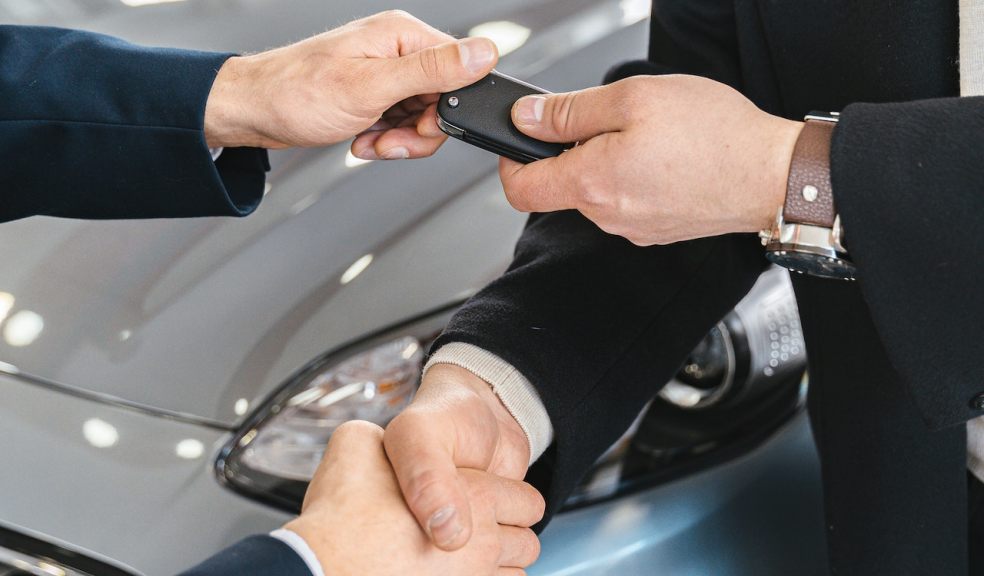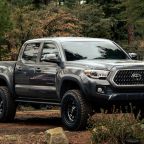
Buying a New Car: What do you need to do first?
In the market for a new car? It doesn't matter what the reason is – first car, family upgrade, or change in personal circumstances. Buying a new set of wheels is a huge milestone moment. It's also a significant purchase. So, it's essential that you decide on a make and model that's perfect for you. And this means going through a few key steps to ensure you don't make a costly error.
Got your new car checklist?
First and foremost, what is it that you need from your new car? There's no point rushing out to a dealer and choosing the shiniest option on the forecourt. You have to dig deep into a number of important considerations – what you intend to use it for, who has to fit into it, and what your level of driving experience is.
To give you an example, a two-seat sports car is no good if a family-friendly SUV is the right fit. Nor is a high-performance muscle car if you've just passed your test and are new to the roads.
Get your current car valued
Do you already own a car? It's certainly worth getting it valued before you decide anything. The average price of a used vehicle in the UK is going up. What that could mean for you is that your current set of wheels is worth more than you think. So, when it comes to buying a new car, that amount can go towards your overall budget and broaden the options open to you.
Of course, there are two ways of cashing in on an older car. The first is to part exchange it for a new car – if that option is available. The second is to sell it outright via a dealer or third-party.
Budget and finance options
It's essential to know the sort of car you're in the market for. The reason is because it then lets you start scoping out your options based on how much you have to spend. But your budget can also depend on factors like your credit score, how much you have saved, and payment method.
For a car at the lower end of the budget spectrum, it can be beneficial to pay for it outright with savings (if possible). After all, you won't incur any interest. But you may also have the option of taking out a car loan that'll spread the cost of your dream car over a longer period. However, make sure you can meet the monthly repayments under this option before taking it out.
One other option is to apply for car finance through the dealer. Like a loan, this involves paying back what you borrow (plus interest) over several months to help you afford what you need.
New or used?
The decision of whether to buy new or used taps into the budget consideration. Newer cars are often more expensive compared to pre-loved ones. And they also lose a chunk of their value as soon as you drive it off the forecourt. But they normally come with a manufacturer warranty to cover the cost of any unlikely faults – and tend to include the very latest safety features.
That's not to say that a used car might not prove to be the most cost-effective option. There are loads of nearly new and good quality cars on the used market that could be just want you want.
Look on the running costs
Last but not least, don't ignore the cost of running a new car. Sure, an attractive purchase price is a great hook and a tempting offer. But what you save upfront can easily be eaten up by costs such as insurance, vehicle tax, and the rising cost of fuel. So, it does conceivably mean that you could save more in the long run by buying a more expensive, yet cleaner and more efficient car.
You could go even further and opt for an electric car. While the initial cost may be higher than a combustion engine model, there are no long-term fuel costs. But you still do need to charge it.
Ultimately, buying a new car can be a delicate balancing act. It must cater for your exact needs, fit in with your budget, and not place a huge strain on your long-term finances. That's why it's a good idea to go through these key considerations before making your decision. You're making a big purchase – and it must be the right one if you're going to get what you need out of it.













